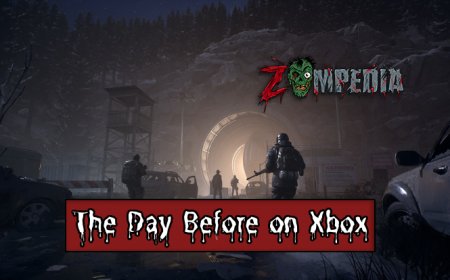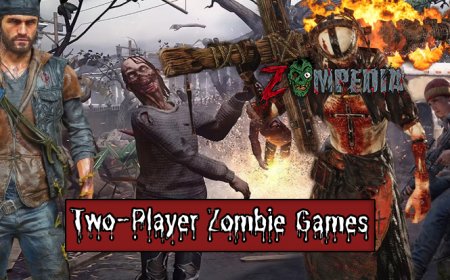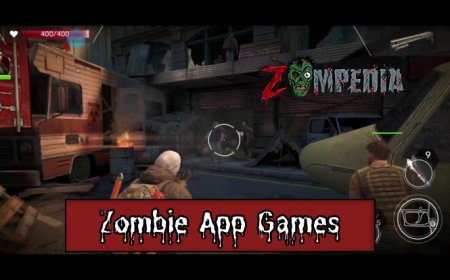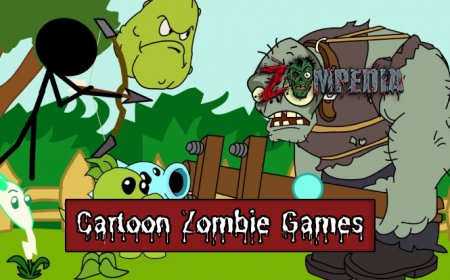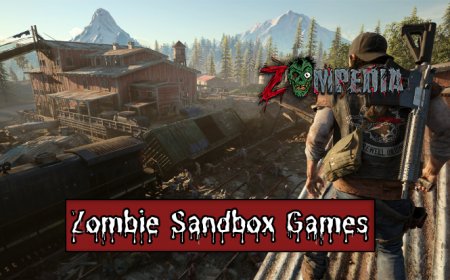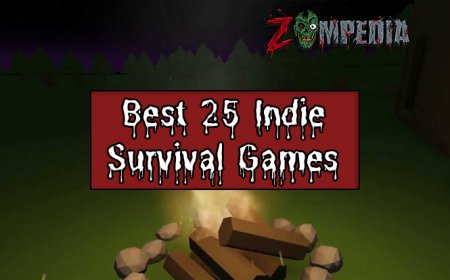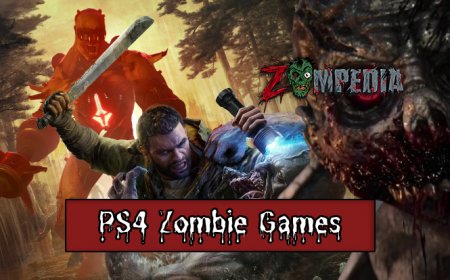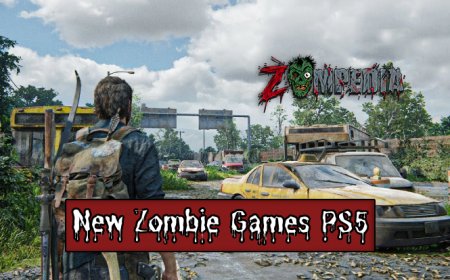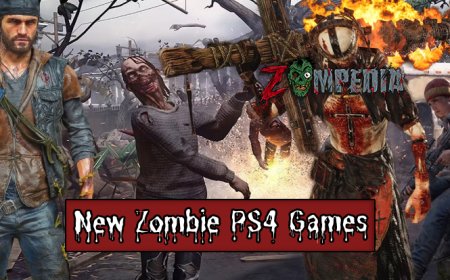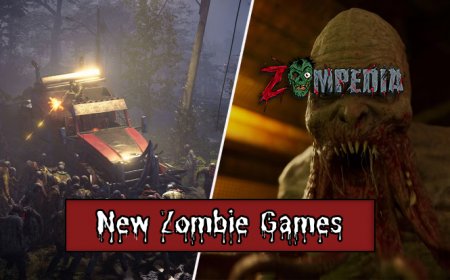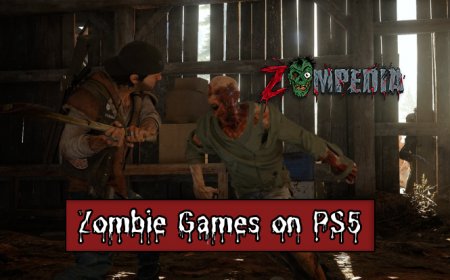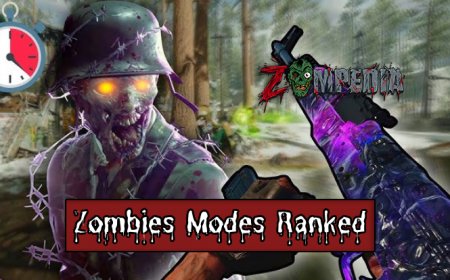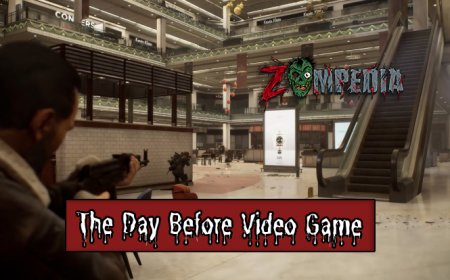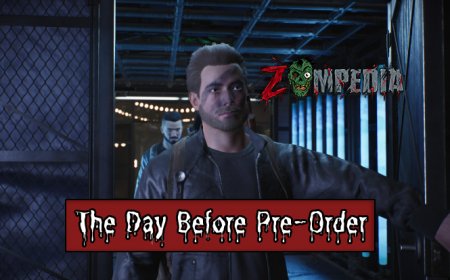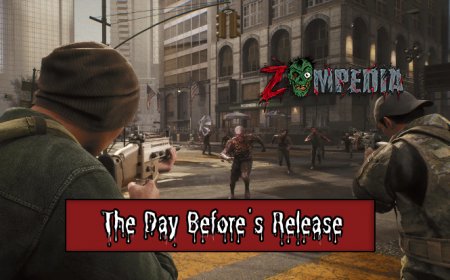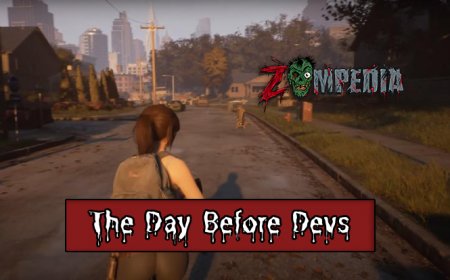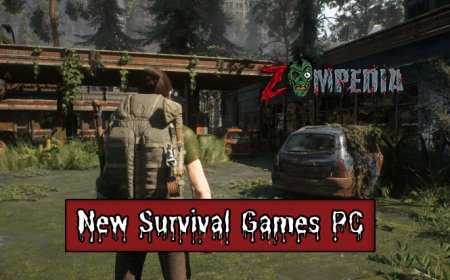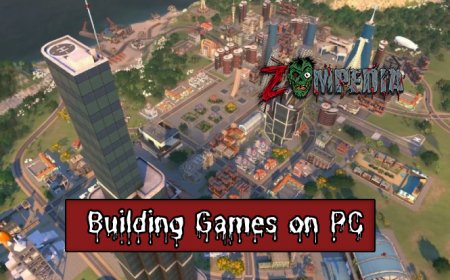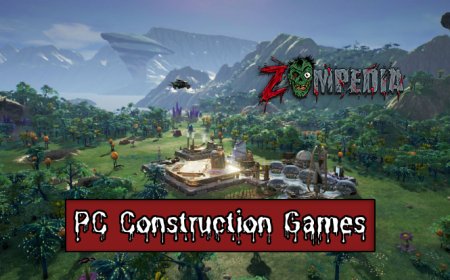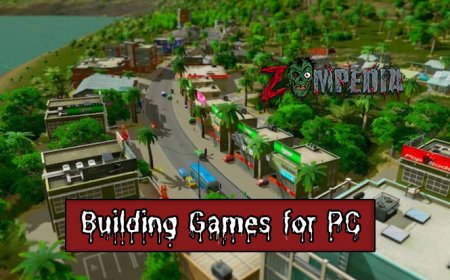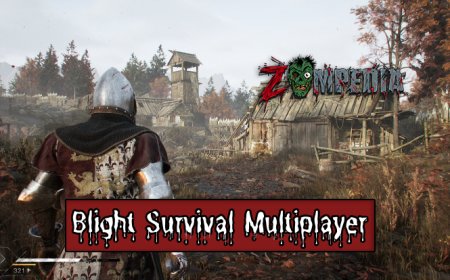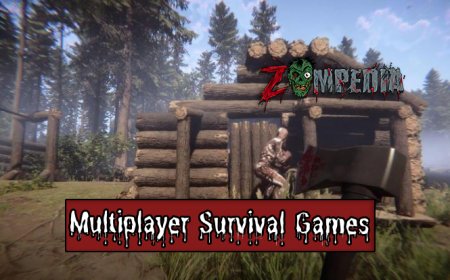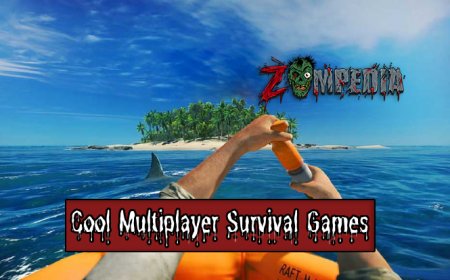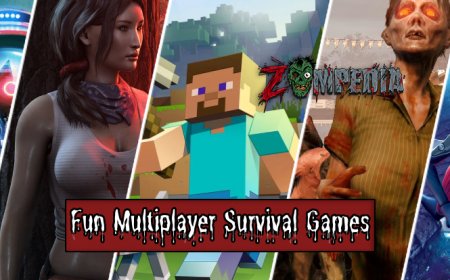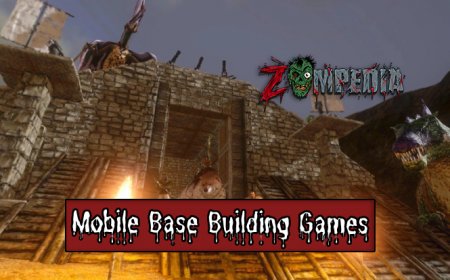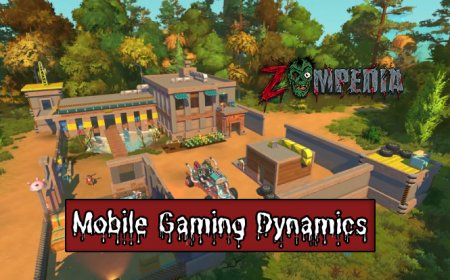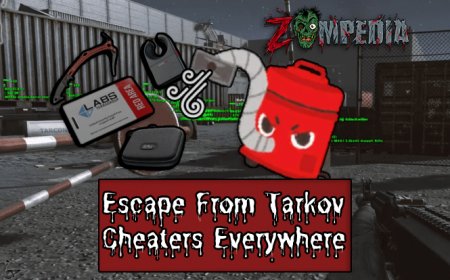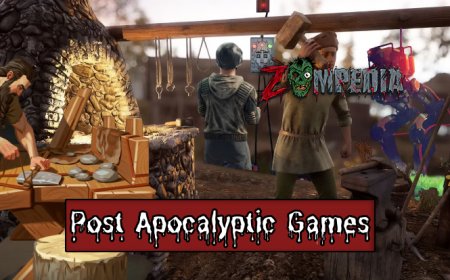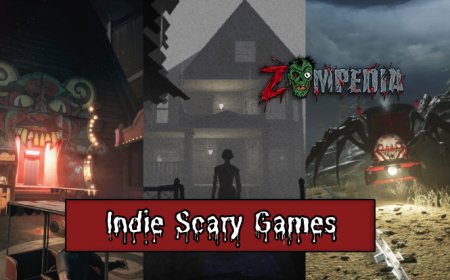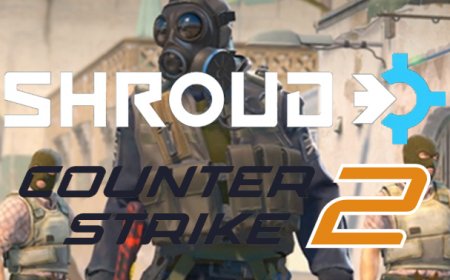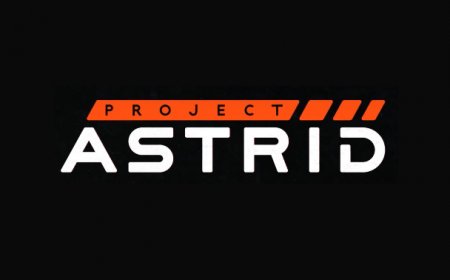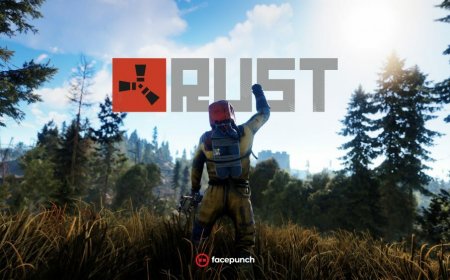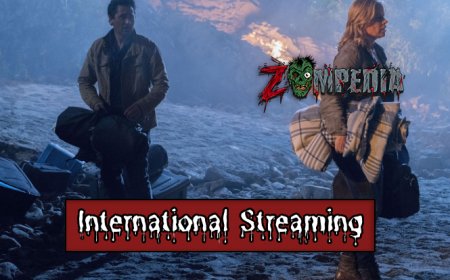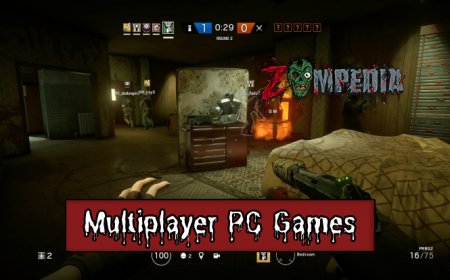Top 10 Tools for Building Video Games
Discover the best 10 tools for building video games to enhance your game development skills and speed up your workflow.
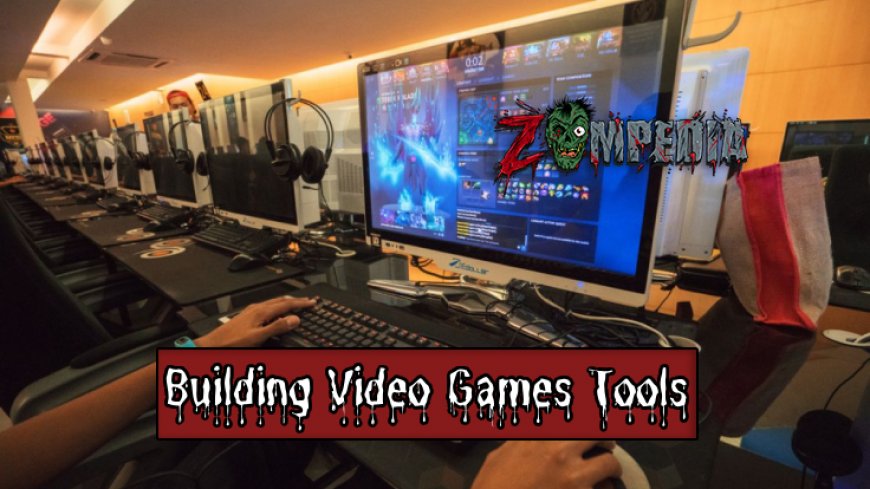
Building video games is an exciting journey, blending art, technology, and storytelling into a cohesive experience. Whether you're a seasoned developer or just starting, choosing the right tools can greatly enhance your skills and speed up your workflow. This selection aims to cover a variety of needs, from game engines and level design to audio editing and 3D modeling.
Exploring Tools for Building Video Games
In the realm of game development, the right tools are like keys that unlock your creative potential. Today, developers have access to an incredible array of software, allowing for the creation of everything from simple mobile games to complex, immersive worlds. Let's dive into the top tools that cater to different aspects of building video games, ensuring you're well-equipped for your development journey.
List of Top Choices
- Unity: Versatile engine suitable for 2D and 3D games
- Unreal Engine: High-end engine for visually stunning games
- Godot: Open-source engine with a strong focus on 2D
- GameMaker Studio 2: User-friendly engine for beginners
- Tiled: Free, open-source tilemap editor
- World Machine: Powerful terrain generation tool
- Blender: Free, open-source software for 3D modeling
- Maya: Industry-standard 3D animation software
- Wwise: Advanced audio engine
- Audacity: Free, open-source audio editor
Unity: Versatile engine suitable for 2D and 3D games
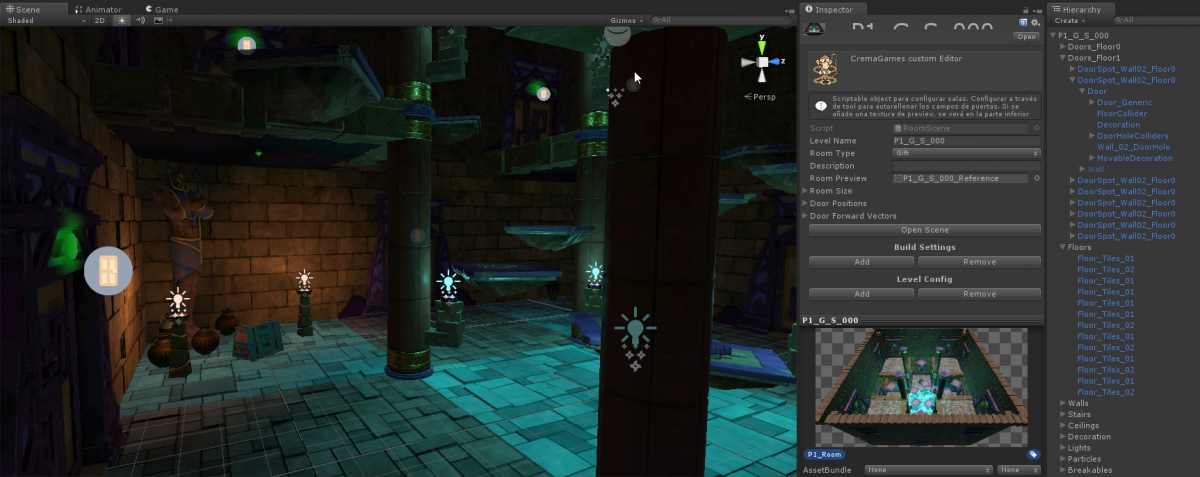
- Accessibility for developers at all skill levels
- Robust asset store for resources
- Large, supportive community
Unity stands out as a flexible powerhouse in the world of game development. Catering to both 2D and 3D game production, this engine simplifies complex processes, making it accessible for newcomers yet deep enough for seasoned programmers. Its asset store is a treasure trove, offering an array of ready-to-use resources that can significantly speed up development time. Moreover, Unity's supportive community is always on hand to provide assistance, share insights, and offer feedback. This melding of accessibility, resources, and community support makes Unity a top choice for game developers worldwide.
Unreal Engine: High-end engine for visually stunning games

- Advanced visual and physics effects
- Blueprint system for non-coders
- Widely used in AAA game development
Unreal Engine is synonymous with high-end game development, allowing creators to build visually stunning and immersive 3D worlds. What sets it apart is its advanced rendering capabilities, which include lifelike physics and dynamic lighting effects. Unreal's Blueprint system is another highlight, offering a visual scripting language that makes game design accessible to those without a background in coding. Frequently chosen for AAA titles due to its power and flexibility, Unreal Engine remains a favorite for developers aiming to push the boundaries of video game graphics and storytelling.
Godot: Open-source engine with a strong focus on 2D
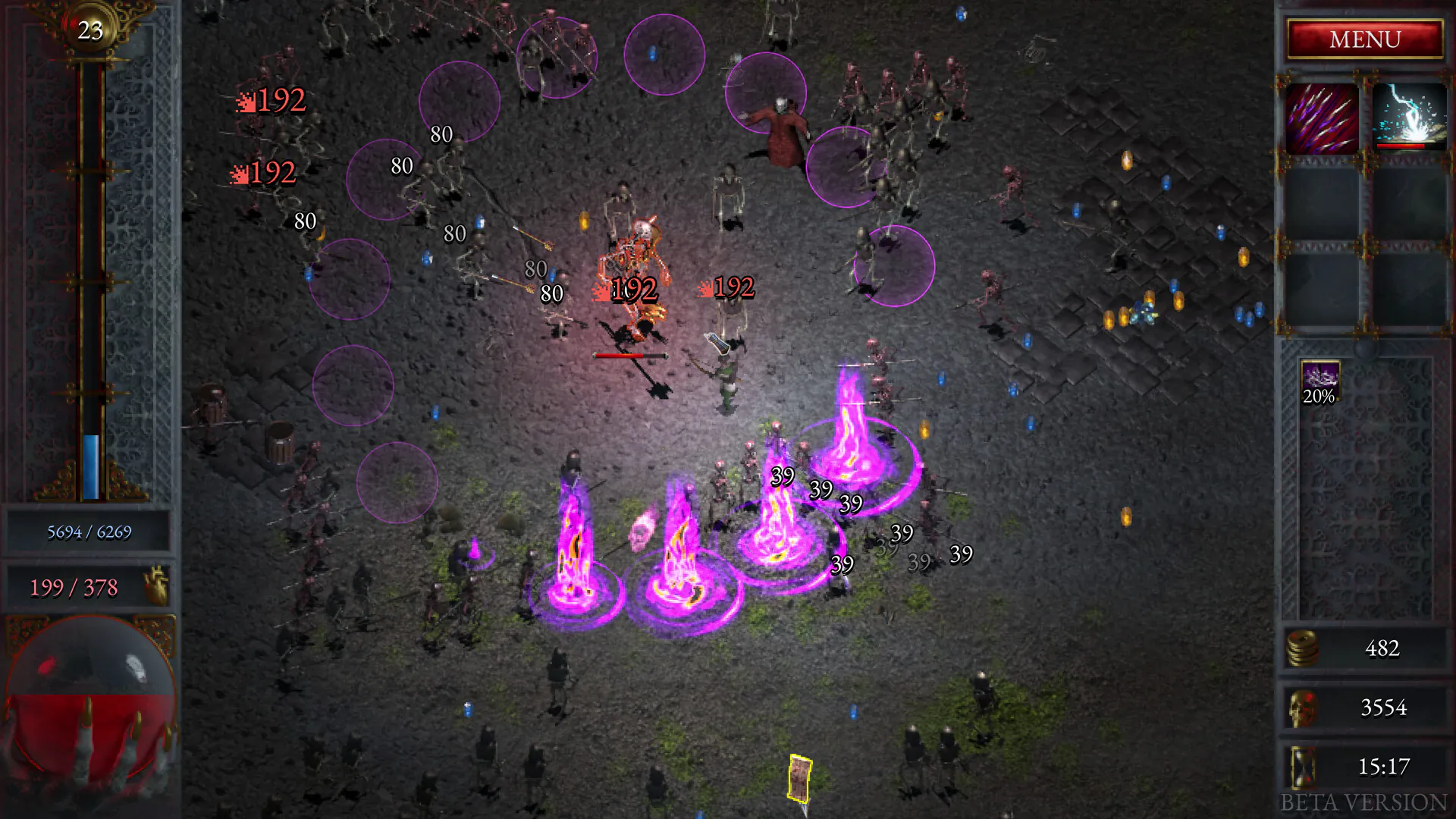
- Fully open-source and free to use
- Intuitive interface and scene system
- Versatile for both 2D and 3D development
The Godot engine is a gem in the game development community, especially praised for its commitment to being fully open-source. This means developers gain access to a powerful tool without the concern of licensing fees or revenue shares. Godot shines with its intuitive design and flexible scene system, making it particularly strong for 2D game development but also capable in 3D realms. Its supportive community and frequent updates assure developers they are working with a tool that grows alongside their skills.
GameMaker Studio 2: User-friendly engine for beginners
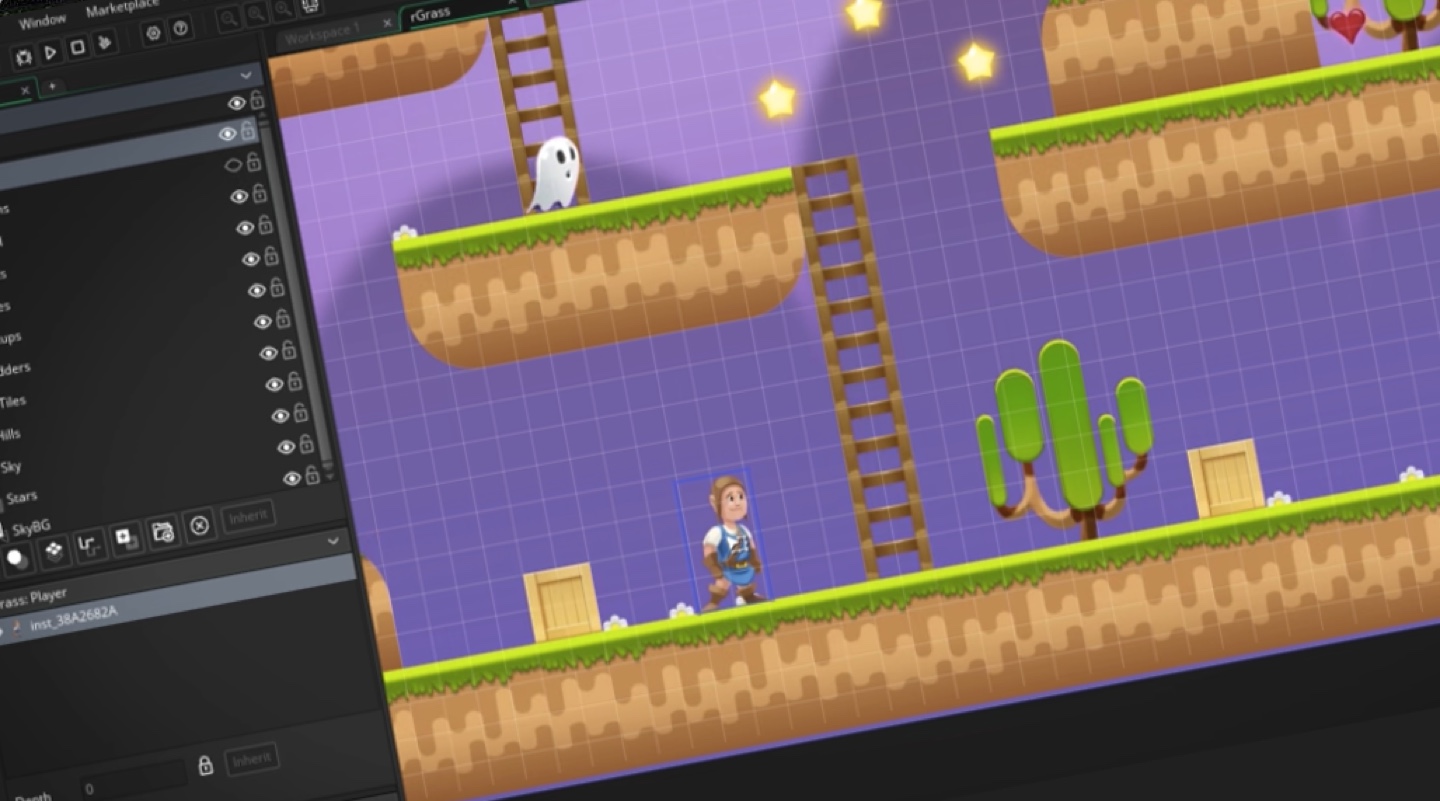
- Drag-and-drop interface simplifies game development
- Ideal for 2D games with physics and shaders
- Exports to multiple platforms easily
GameMaker Studio 2 democratizes game development with its approachable design, highlighted by a drag-and-drop interface that eliminates the steep learning curve associated with coding. This engine excels in creating engaging 2D games, equipped with tools for implementing physics and shaders that elevate game aesthetics. Its ability to export games across various platforms allows developers to reach a wider audience without hassle. GameMaker Studio 2 is the perfect tool for those looking to make their first foray into game development or hobbyists seeking to bring their creative visions to life efficiently.
Tiled: Free, open-source tilemap editor
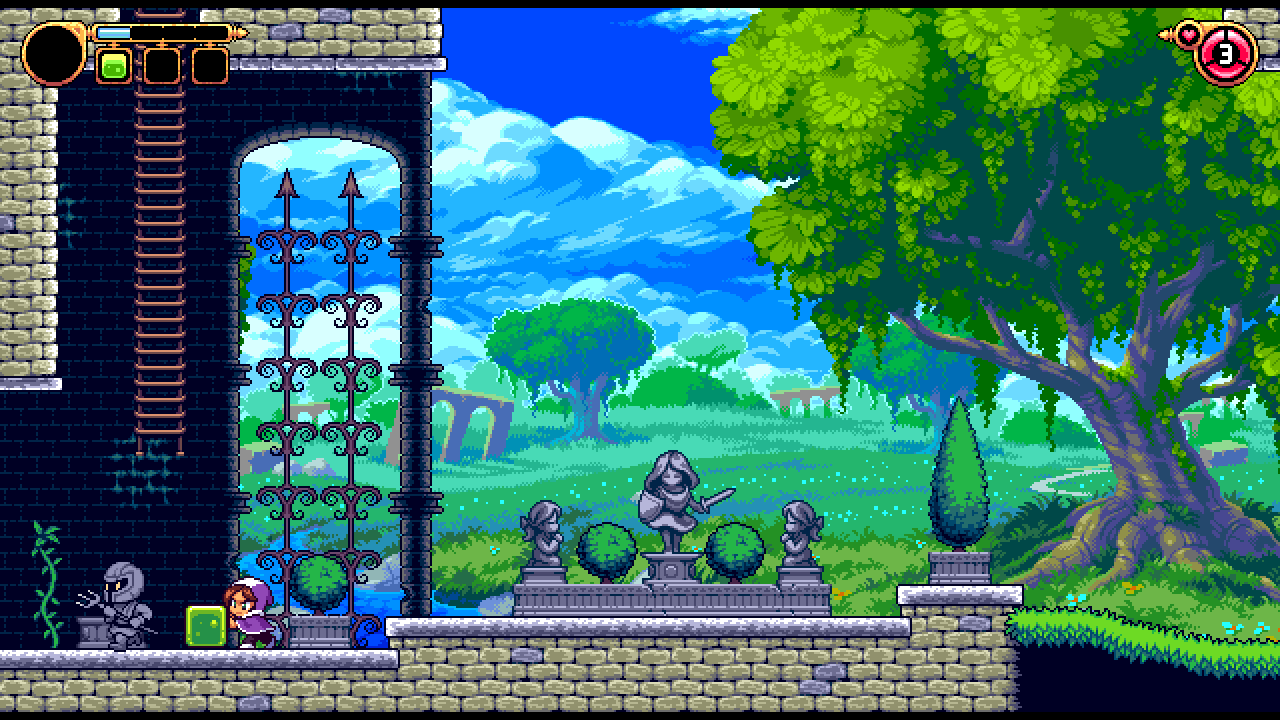
- Enables intricate level design for 2D games
- Supports multiple layer types for detailed maps
- Integrates with most game engines easily
Tiled emerges as an indispensable tool for developers focused on crafting detailed 2D game levels. As a free, open-source tilemap editor, it provides a comprehensive set of features for creating intricate maps, including support for multiple layer types and varied tilesets. Tiled's versatility shines with its compatibility with most game engines, ensuring a seamless integration into your development pipeline. Whether you're building a sprawling RPG world or a tightly designed platformer, Tiled offers the functionality and flexibility needed to bring your creative visions to life.
World Machine: Powerful terrain generation tool
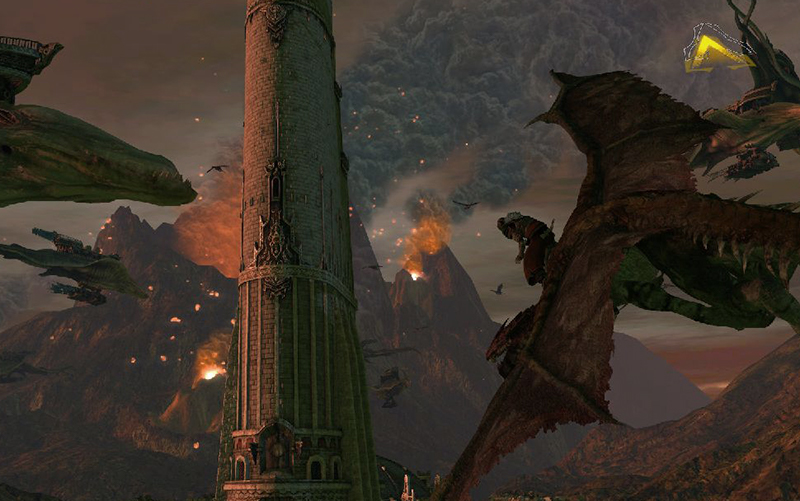
- Generates realistic, high-quality terrains
- Extensive customization options for landscapes
- Exports terrains to other 3D software and game engines
World Machine specializes in the creation of stunning, realistic terrains, elevating the visuals of 3D games. With its procedural approach, developers can generate expansive landscapes complete with erosional effects and water flow patterns that mimic the real world. Customization options are plentiful, allowing for the creation of unique environments tailored to the specific needs of a game. Furthermore, World Machine's ability to export terrains into other 3D software and game engines simplifies the integration of complex landscapes into your development pipeline, making it a valuable tool for any game project focusing on immersive, natural environments.
Blender: Free, open-source software for 3D modeling

- Comprehensive toolset for modeling, rigging, and animation
- Regular updates and improvements from the community
- Supportive and extensive online community
Blender is a powerhouse in the world of 3D art and animation, known for being both comprehensive and completely free. Its toolset spans modeling, animation, rendering, compositing, and more, making it a one-stop shop for game developers and artists alike. Thanks to its open-source nature, Blender benefits from regular updates and a constant influx of new features and improvements. The vibrant online community surrounding Blender also provides a wealth of tutorials and forums, ensuring that help and inspiration are never far away. For indie developers and professionals looking to keep costs down without sacrificing quality, Blender is an unmatched resource.
Maya: Industry-standard 3D animation software
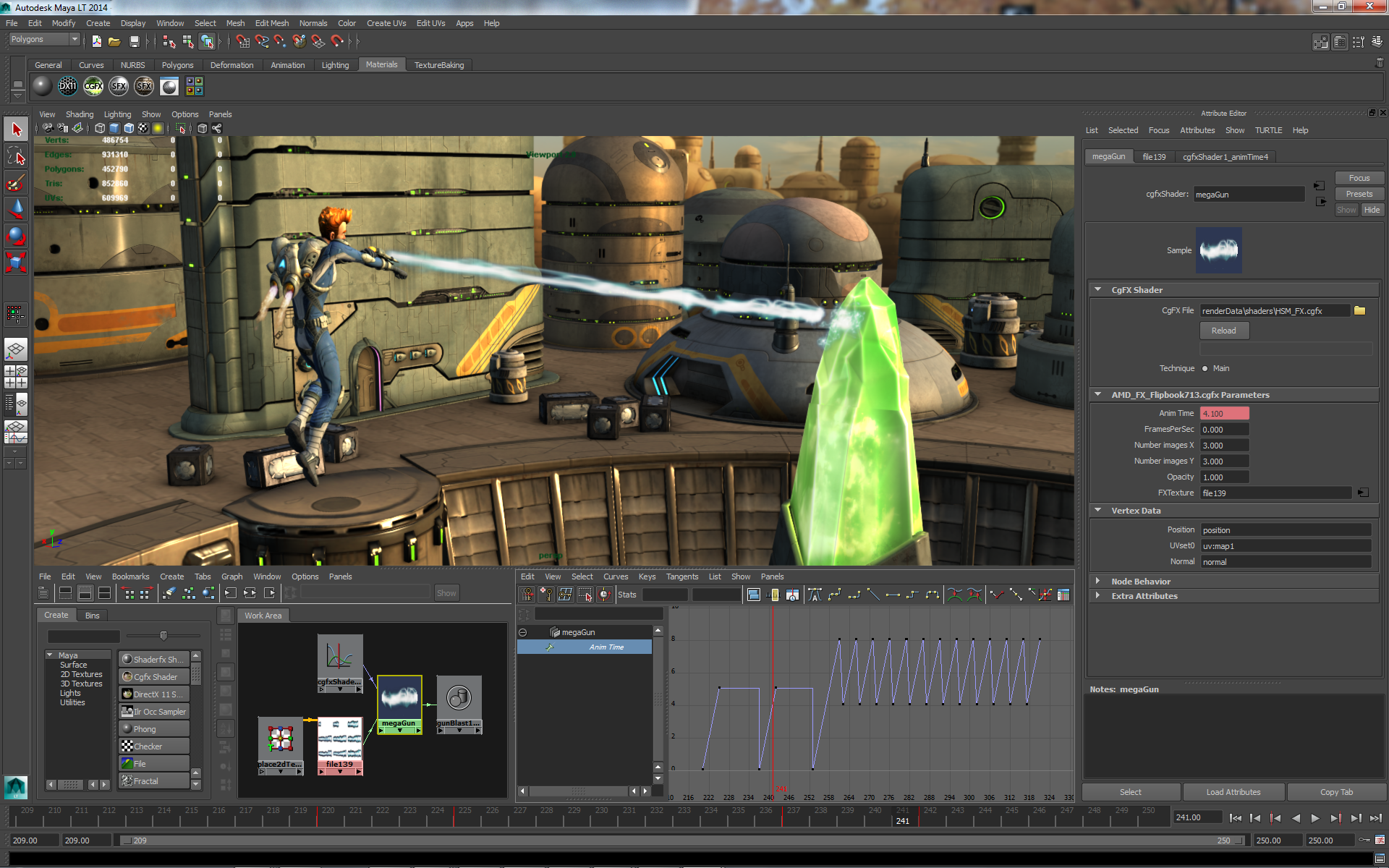
- Advanced tools for modeling, animation, and rendering
- Widely used in the game and film industries
- Offers extensive support and learning resources
Maya is the go-to tool for countless professionals in the game development and film industries, revered for its sophisticated capabilities in 3D animation and modeling. Its extensive toolset encompasses everything needed to bring the most intricate and dynamic characters and environments to life. While Maya comes with a steep learning curve and a premium price tag, its widespread use in professional settings means there's a wealth of learning resources and a large community to lean on. Developers looking to invest in their craft and elevate their projects to the next level will find Maya to be a powerful ally.
Wwise: Advanced audio engine

- Dedicated to creating rich, immersive soundscapes
- Integrates with popular game engines
- Offers a comprehensive toolset for audio creation and management
Wwise stands out in the game development toolkit as an advanced audio engine designed specifically for creating rich, immersive soundscapes. Its capacity to integrate seamlessly with popular game engines, such as Unity and Unreal Engine, makes it a favorite among developers looking to elevate their games with superior sound quality. With Wwise, developers gain access to a comprehensive suite of audio tools, allowing for deep customization and control over every sound in the game. From ambient noises and dialogue to impactful sound effects, Wwise ensures that audio can significantly contribute to the overall gaming experience.
Audacity: Free, open-source audio editor
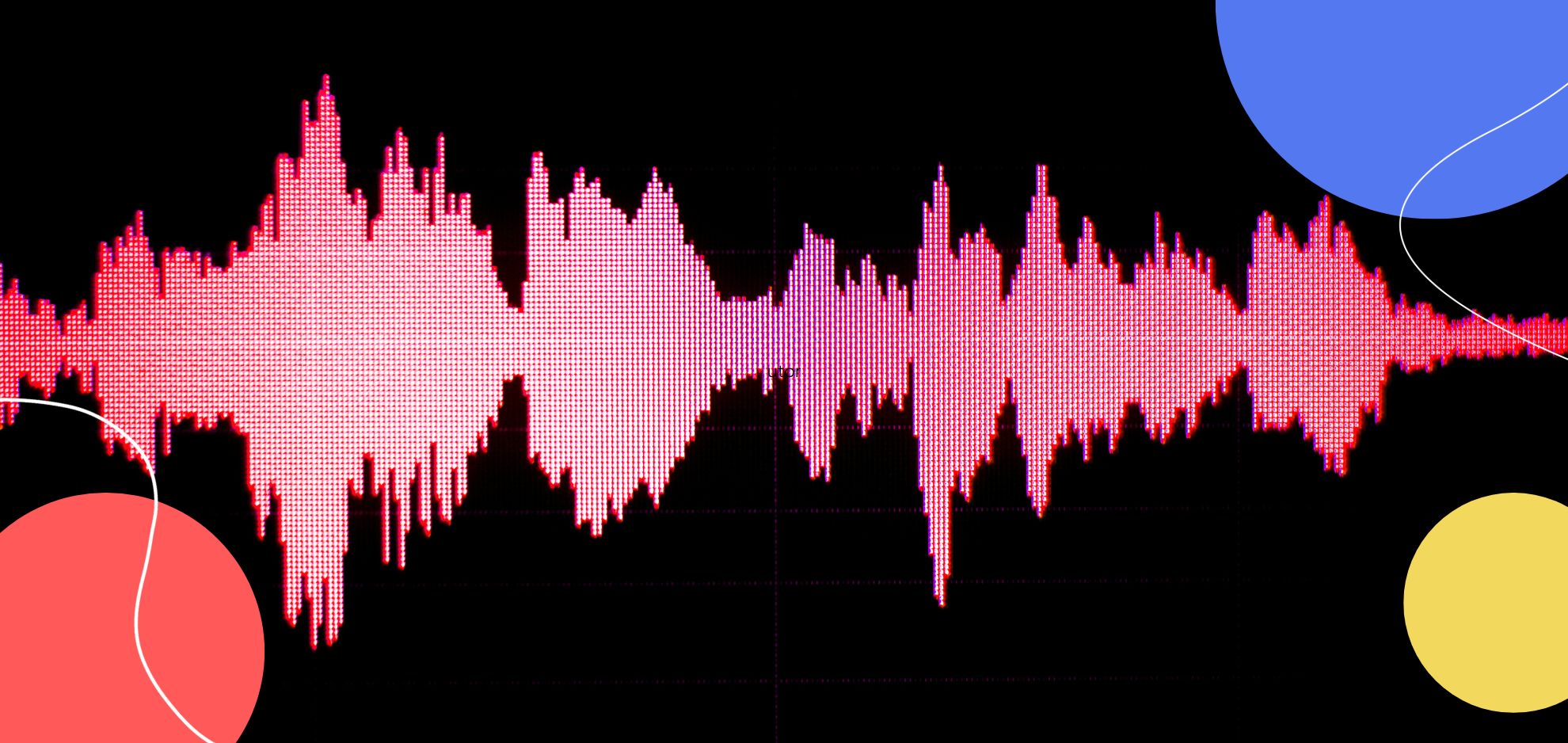
- Enables recording, editing, and mixing of sound
- Supports a wide range of audio formats
- Community-driven with extensive help resources
Audacity is the audio tool of choice for many developers and sound artists due to its powerful yet free offering. This open-source platform allows users to record, edit, and mix sounds with ease, supporting an extensive array of file formats. Whether it's cleaning up dialogue, creating sound effects, or crafting a complex audio landscape for a game, Audacity is up to the task. Its community-driven nature means the software is continually being improved and updated, and users have access to a vast repository of tutorials and forums. For those in game development looking for a reliable, cost-effective audio solution, Audacity presents a compelling option.
Final Thoughts
Choosing the right tools is a critical step in the path of game development. Each tool highlighted in this guide offers unique features that cater to different aspects of creating a video game, from initial design and modeling to audio production and final touches. Whether you're working on a solo project or part of a larger team, the combination of these tools can significantly enhance your productivity and help bring your creative visions to life. Remember, the best tool is the one that fits your project's specific needs and your personal workflow. Experiment, explore, and don't be afraid to try new tools as you refine your craft in the vast and ever-evolving landscape of game development.
What's Your Reaction?







